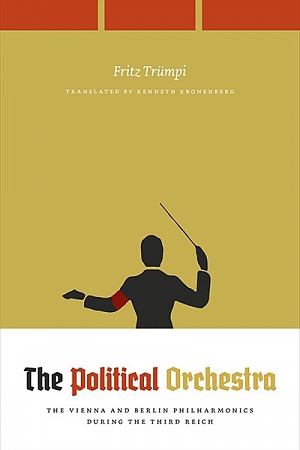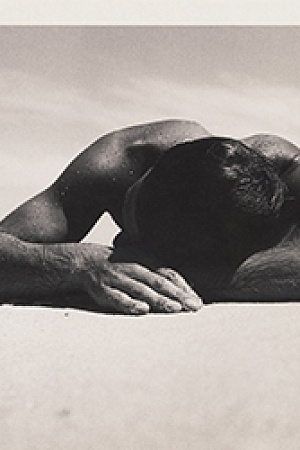Australian Festival of Chamber Music

How does a ten-day festival in Townsville (Gurambilbarra) in tropical Far North Queensland, with a line-up of thirty-five top musicians from Australia and across the world, go from strength to strength in a difficult economic climate? Maybe it’s because the Australian Festival of Chamber Music, with a track record of more than thirty years, is so much more than a music event.
Continue reading for only $10 per month. Subscribe and gain full access to Australian Book Review. Already a subscriber? Sign in. If you need assistance, feel free to contact us.










Leave a comment
If you are an ABR subscriber, you will need to sign in to post a comment.
If you have forgotten your sign in details, or if you receive an error message when trying to submit your comment, please email your comment (and the name of the article to which it relates) to ABR Comments. We will review your comment and, subject to approval, we will post it under your name.
Please note that all comments must be approved by ABR and comply with our Terms & Conditions.